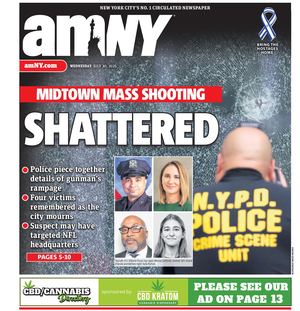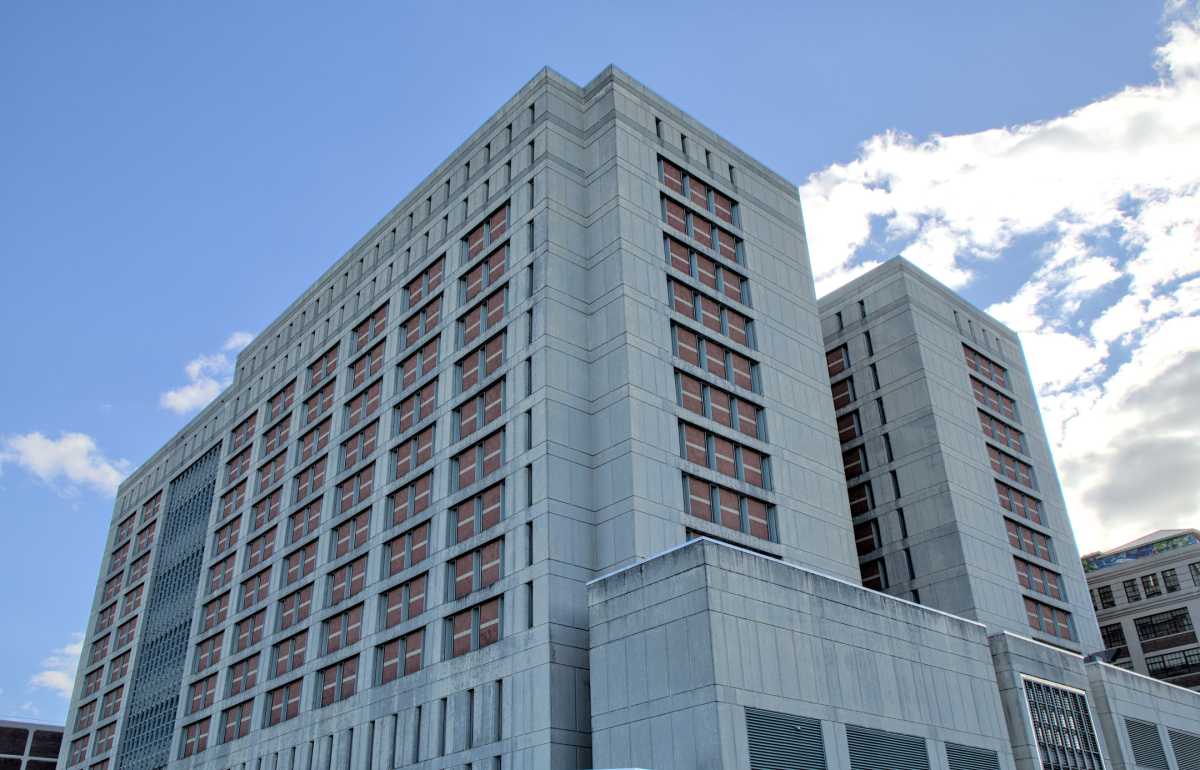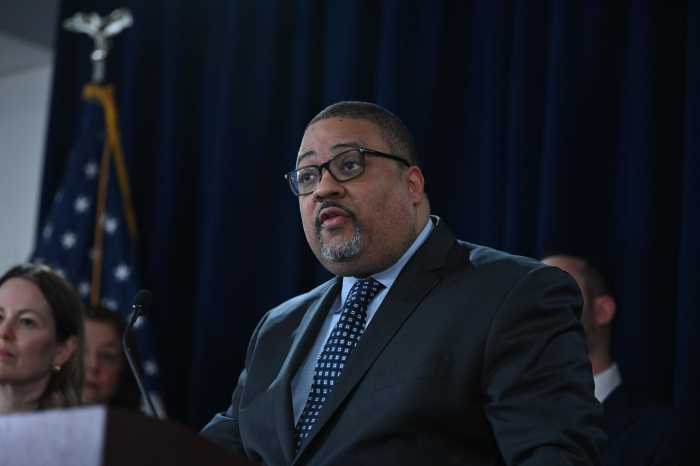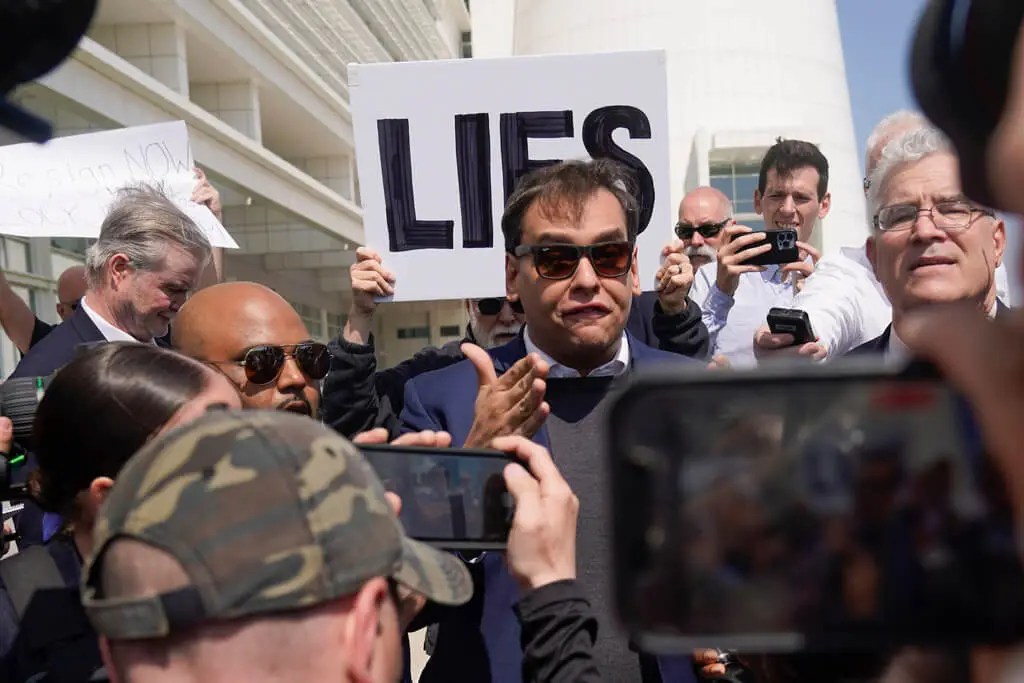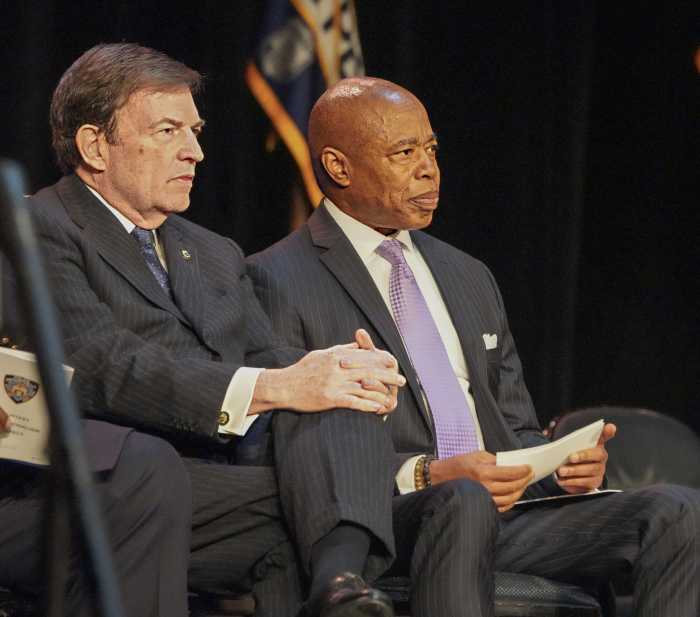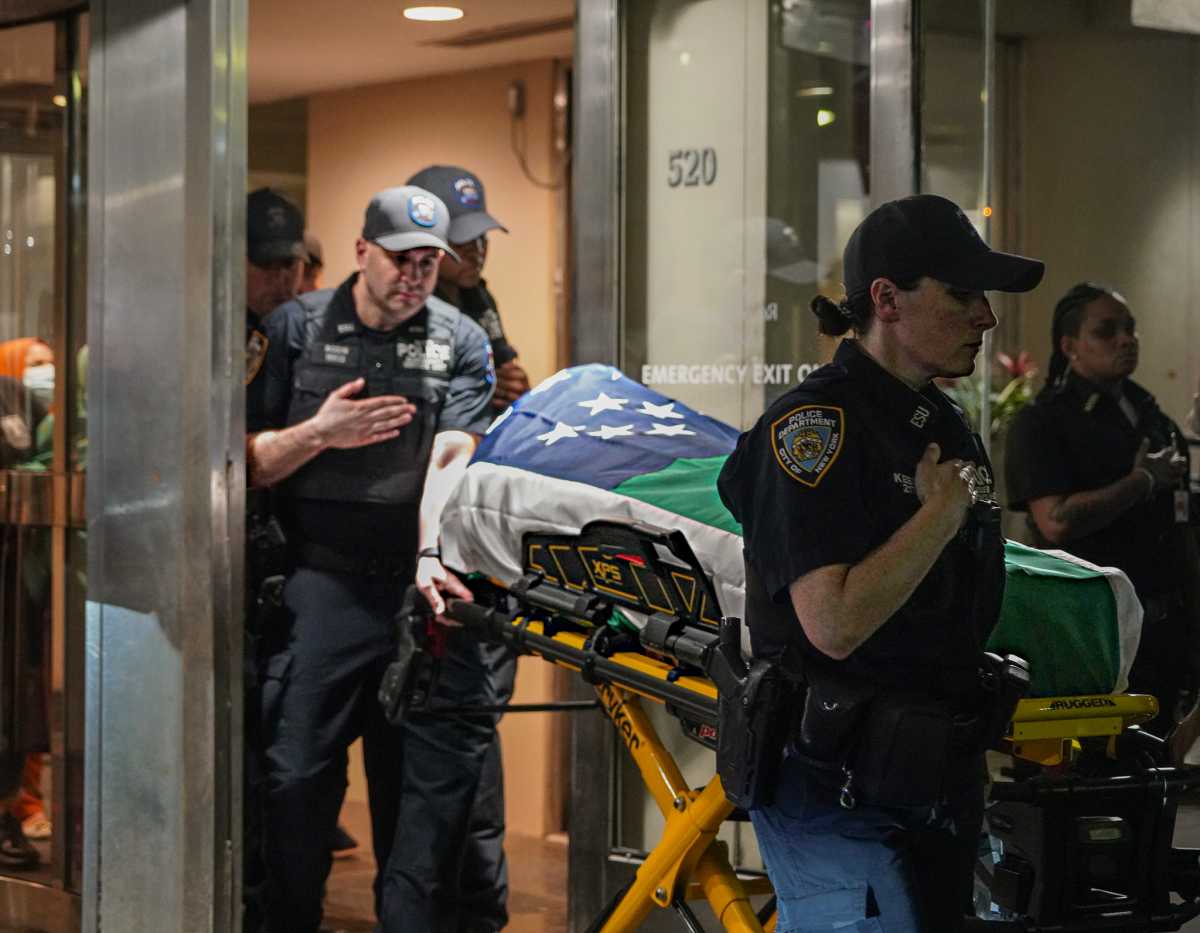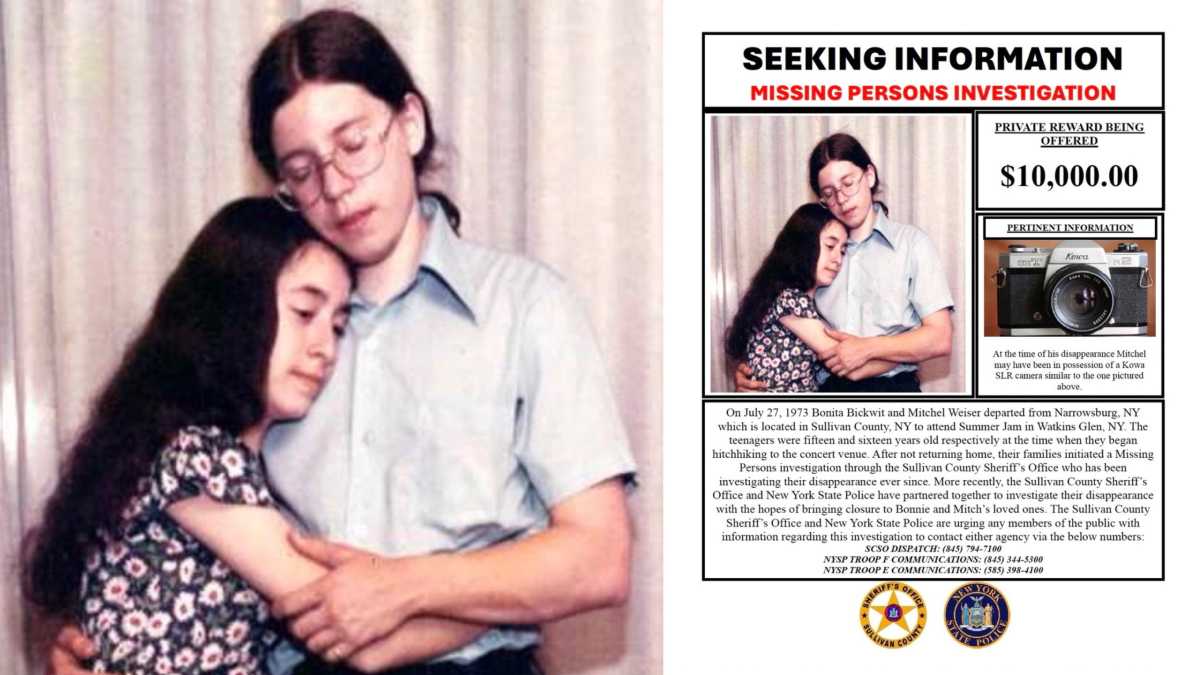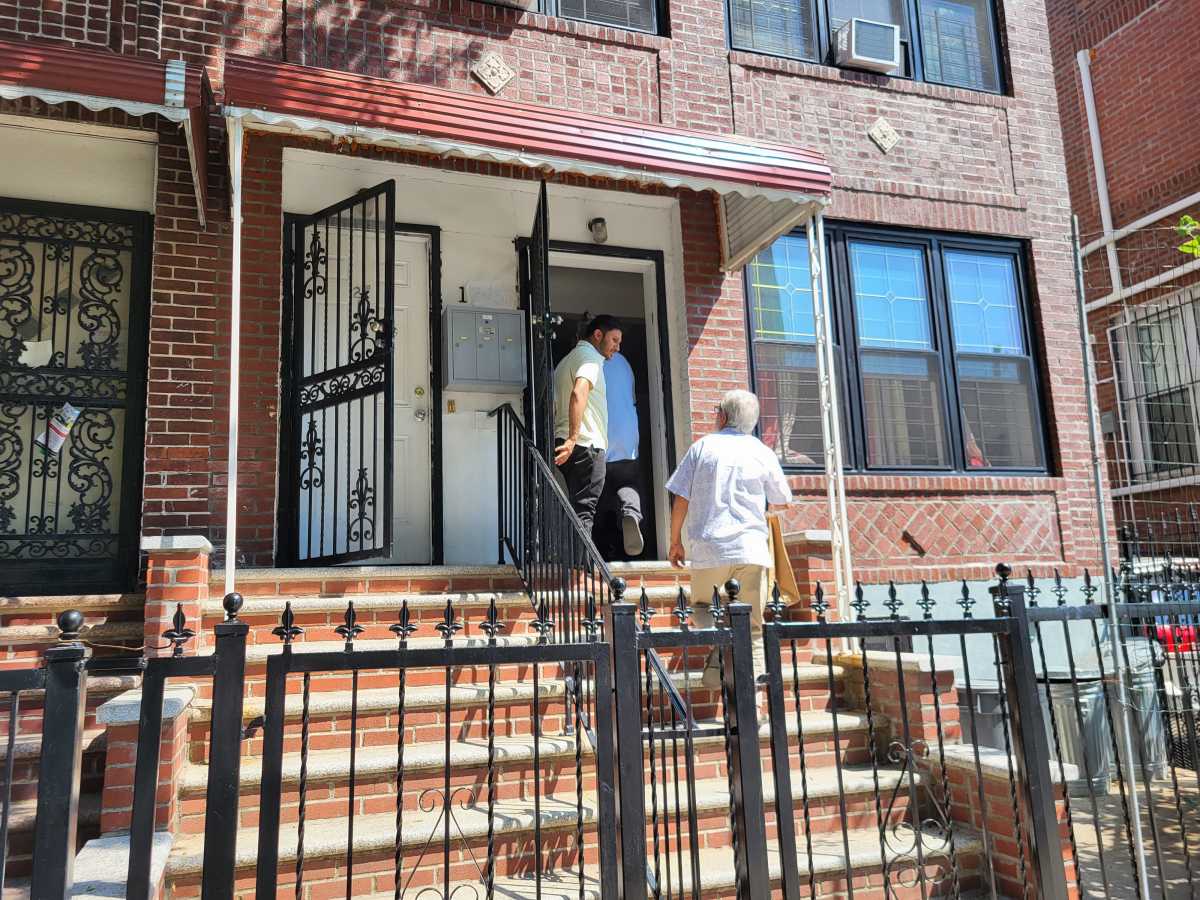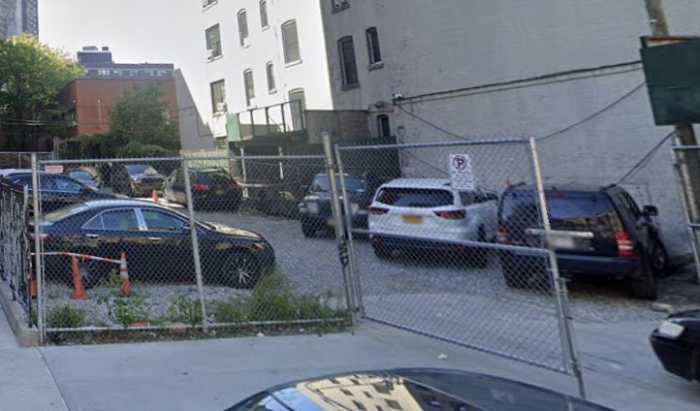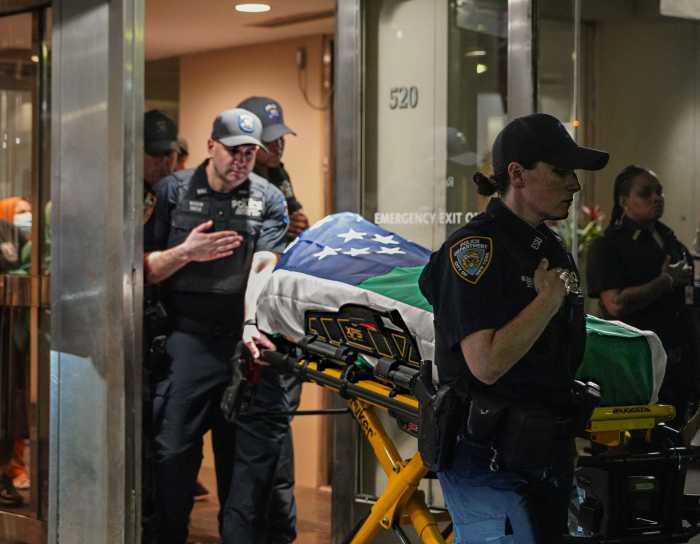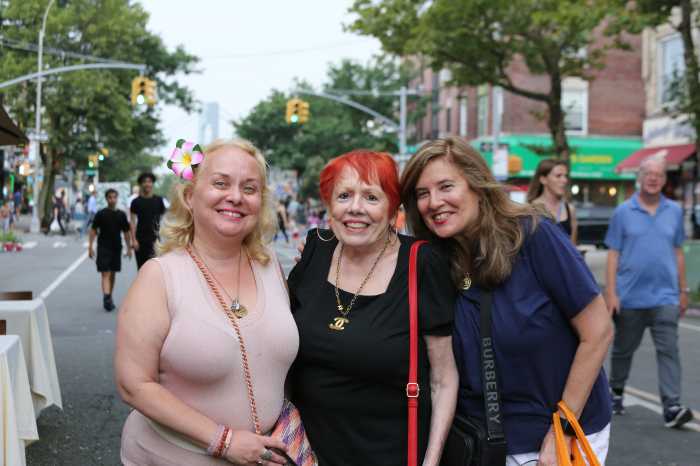A Canadian resident accused of plotting a mass shooting of Jewish people in New York City in support of ISIS pleaded not guilty to two federal charges on Thursday.
Muhammad Shahzeb Khan, 20, was arraigned June 12 before Judge Paul Gardephe in the Thurgood Marshall Courthouse in Lower Manhattan following his arrest by Canadian authorities near the U.S.-Canada border on Sept. 4, 2024, and his extradition to the United States on Tuesday, June 10.
Khan, also a Pakistani national, faces a two-count indictment of attempting to provide material support to a designated foreign terrorist organization and attempting to commit acts of terrorism transcending national boundaries.
The 20-year-old, who was calm during the proceedings, pleaded not guilty on both counts during the 10-minute arraignment. Only answering directly to Judge Gardephe, Khan remained shackled at the ankles during his appearance, before being cuffed at the wrist for transport back to custody at the Metropolitan Detention Center in Brooklyn.
At a June 11 hearing, Khan waived his right to a bail report and consented to being detained during proceedings.
Federal authorities allege Khan planned to carry out a coordinated attack on a prominent Jewish site in Brooklyn on Oct. 7, 2024 — the anniversary of the Hamas assault on Israel — in what he hoped would become “the largest [attack] on U.S. soil since 9/11.”
Judge Gardephe granted federal prosecutors a 60-day window to gather materials in Khan’s case and share them with the defense. The materials, they say, consist of audio and electronic items as well as social media accounts. The prosecution, led on Thursday by David Robles and Kaylan Lasky, said they have requested items from Canadian authorities that were reportedly seized during his arrest last year, among them an electronic device.
According to a criminal complaint unsealed in the Southern District of New York, Khan allegedly conversed with undercover FBI agents posing as ISIS affiliates to plan the attack, which involved automatic weapons, knives, tactical gear, and the use of a safehouse.
By late July 2024, Khan was communicating extensively with two undercover agents on encrypted platforms, believing them to be fellow ISIS sympathizers, the complaint states.
He reportedly discussed forming a small operational cell with a U.S.-based associate and the two undercover officers. The alleged plan initially involved launching a coordinated, multi-site shooting targeting Chabad centers in an unnamed U.S. city involving three teams of two individuals using AR-style rifles and tactical gear to maximize casualties in confined spaces.
Prosecutors then allege that on Aug. 20, 2024, Khan changed the target location from the originally planned U.S. city to New York City, citing the large Jewish population. They say he ultimately identified a prominent Jewish religious site in Brooklyn, referred to as “Location-1” in the complaint, as the primary target.
Khan’s attorneys, Andrew Dalack and Marnie Lenox of the Federal Defenders of New York, agreed to have the court reconvene on Sept. 18 to discuss possible pretrial motions.
